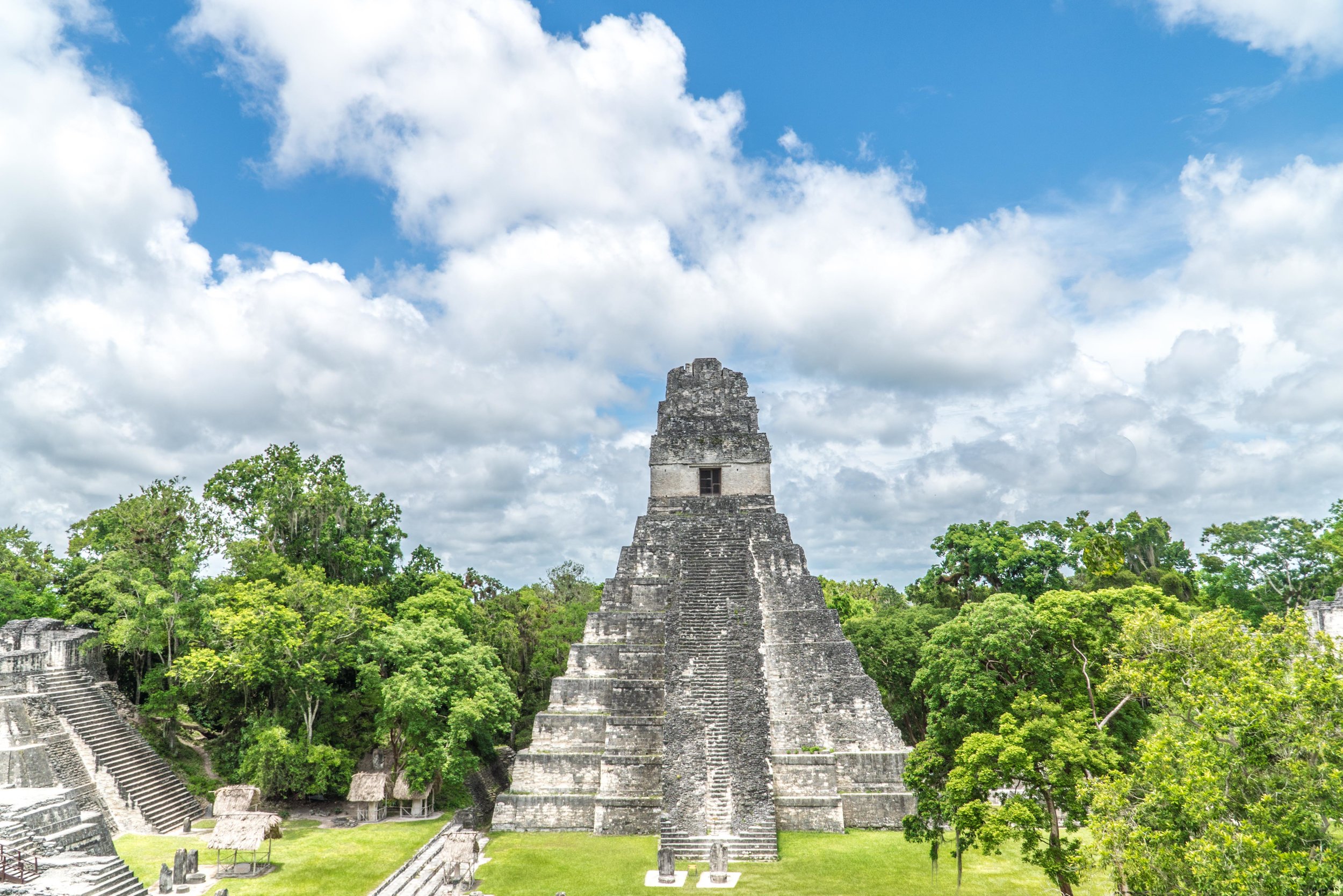What the Traveling Philosopher Reads: 5 Summer Book Recommendations
Who's your favorite philosopher? What travel memoirs do you recommend? What should I read if I'm going to __________? These are a handful of questions that I get on a regular basis. With my love for writing, travel, and philosophy, I have a thing or two or a hundred to say about books. If you're a regular follower of my blog, or if you follow me on Twitter or Facebook, then you know I have something of a romanticism with the written word, often quoting things that I've recently read. Yes, it is true, I am a romantic. Hopeless? The jury's still out.
So today, I wanted to share a few of my favorite books that I've recently read. These range from travel memoirs to novels to what would probably be classified in many bookstores as "self help".
1. Wild: From Lost to Found on the Pacific Crest Trail, by Cheryl Strayed. Often when I'm looking for a new memoir to read, I'm looking for a element of the story or character that I can especially relate to, and with Cheryl, I found myself relating much more than most memoirs I've read. After the death of her mother and a divorce, Cheryl confronts her continued grief and personal challenges by setting out to travel solo on an 1,100-mile journey of the Pacific Crest Trail. The Pacific Crest Trail is to the western United States what the Appalachian Trail is to the eastern United States. After reading Peter Jenkins' book, A Walk Across America, when it was released years ago, I've been fascinated by travel stories that test the will and physical abilities of humans. I found myself rooting for Cheryl from the first page of Wild until the very last. As chaotic as her life seemed at times, there's a lot to be said about the will and the human spirit of someone who would leave everything to tackle something so physically and emotionally challenging.
2. The Art of Non-Conformity, by Chris Guillebeau. First things first, this book isn't so much about travel as it is about throwing a wrench in your life. As Chris Guillebeau mentions in the beginning, this isn't a book for people who are pretty happy and comfortable with their life. It's for people who feel the need for change (and big change at that) and want to be inspired to do so, while getting some practicals about how to do it. Guillebeau provides real-world examples, from both his life and the lives of others, about how to live a life that challenges the status quo. Nonetheless, there is certainly a travel element, as Guillebeau discusses his pursuit toward visiting every country in the world, which he recently completed. For me, this will be a book that I pick up frequently so as to keep challenging myself.
3. Sophie's World, by Jostein Gaarder. If you want a light, easy read that isn't too taxing on the mind, then I do NOT recommend reading Sophie's World. But, if you're into philosophy mingled with good storytelling, then I highly recommend it. Written by Jostein Gaarder, this is one of the more interesting novels I've read since it takes readers through the history of philosophy by way of a story. Sophie Amundsen is a 14-year-old girl who comes home from school one day to find two letters in her mailbox that read, "Who are you?" and "Where does the world come from?" Additionally she finds in her mailbox a postcard that reads "Hilde Møller Knag, c/o Sophie Amundsen." This begins a mysterious string of correspondance with 50-year-old philosopher, Alberto Knox, who takes her through the history of philosophy. As Sophie becomes more engaged in this philosophy course, she becomes more fascinated with Alberto, and the even more mysterious Hilde, whom the first correspondance is addressed to. This is a book I would recommend to both lovers and haters of philosophy, as Sophie's World provides a more unique, engaging documentation of the history of philosophy than most people probably received in college.
4. You Shall Know Our Velocity, by Dave Eggers. You Shall Know Our Velocity was the first novel by Dave Eggers after the success of his memoir, A Heartbreaking Work of Staggering Genius. The novel follows two best friends, Will and Hand, who embark on a round-the-world trip that they intend to complete in a week. Will has come into $80,000, and feeling uncomfortable with such a large amount of money, talks his friend into taking a RTW trip in which they give all the money away. The novel is written in a style that doesn't resonate with all readers, yet I think that those who have ever taken a big trip abroad (or considered it) will find themselves being entertained, while also relating to the folly of Will and Hand. Eggers even throws a couple curveballs.
5. Unfamiliar Fishes, by Sarah Vowell. Of all these books, I'm most on the fence about Sarah Vowell's Unfamiliar Fishes, which is a non-fiction book about the history of Hawaii beginning when the first New England missionaries arrived there. Vowell gives an informative, yet snarky account of the events that led up to Hawaii becoming the 50th state. I often found myself saying, "I had no idea that happened in Hawaii." It helped fill in a lot of the gaps of my Hawaii knowledge before my first trip earlier in the year. However, at times I felt like Vowell was overly sarcastic and intrusive. Nonetheless, I think this can help provide some needed perspective to those traveling to Hawaii for the first time. Whether you're a frequent Hawaii visitor or never been, I think you'll be surprised, yet informed about what you read in Unfamiliar Fishes.
What are some of your favorite travel books?











